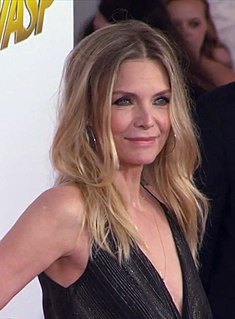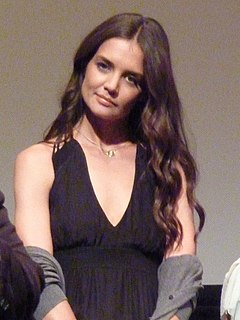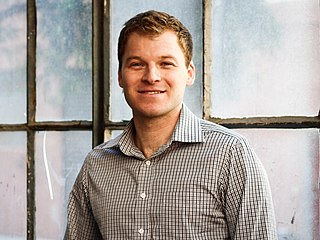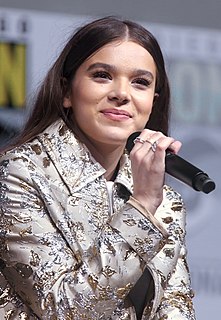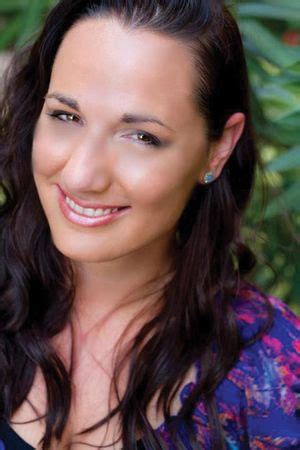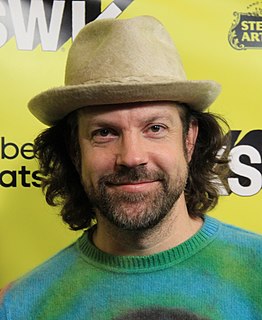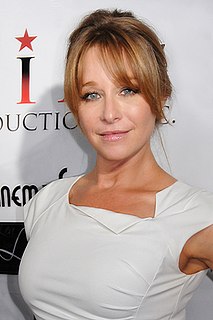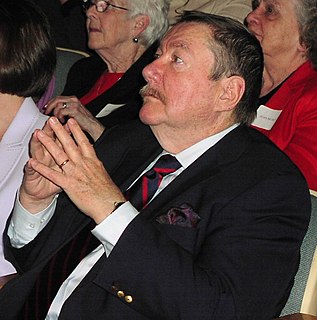A Quote by Sara Paretsky
Around the time I turned 30, I wanted to publish a novel.
Related Quotes
I think it was around the time of doing those shorts. [Producer] Christine Vachon, I had a meeting with her, and she mentioned the short, this AOL short, and asked if I wanted to do one. And then the next step was the "30 for 30," and again that boosted my confidence enough to decide I'm going to do a feature narrative. And I was supported by my agency, and [producer] Jane Rosenthal has been an exceptional friend, and she produced "All We Had," she encouraged me to do the "30 for 30."
Music has always been something I wanted to do. I think just the idea of performing and entertaining and being in the studio is really what I wanted to know how that felt. I started to get into it around the same time I got into acting, but it turned into a side project because my movies were taking up most of my time.
If I'm writing a novel, I'll probably get up in the morning, do email, perhaps blog, deal with emergencies, and then be off novel-writing around 1.00pm and stop around 6.00pm. And I'll be writing in longhand, a safe distance from my computer. If I'm not writing a novel, there is no schedule, and scripts and introductions and whatnot can find themselves being written at any time and on anything.
I didn't really want to be an actor when I was growing up - I wanted to be whatever I was reading about or seeing at the time. When I read The Firm I wanted to be a lawyer; when I saw Top Gun, I wanted to be a fighter pilot. So that's why acting probably turned out to be a good thing for me because I get to be people for five minutes or 90 minutes. I'd be curious to see if I had the attention span to be like those guys on 30 Rock and play the same character season after season.


